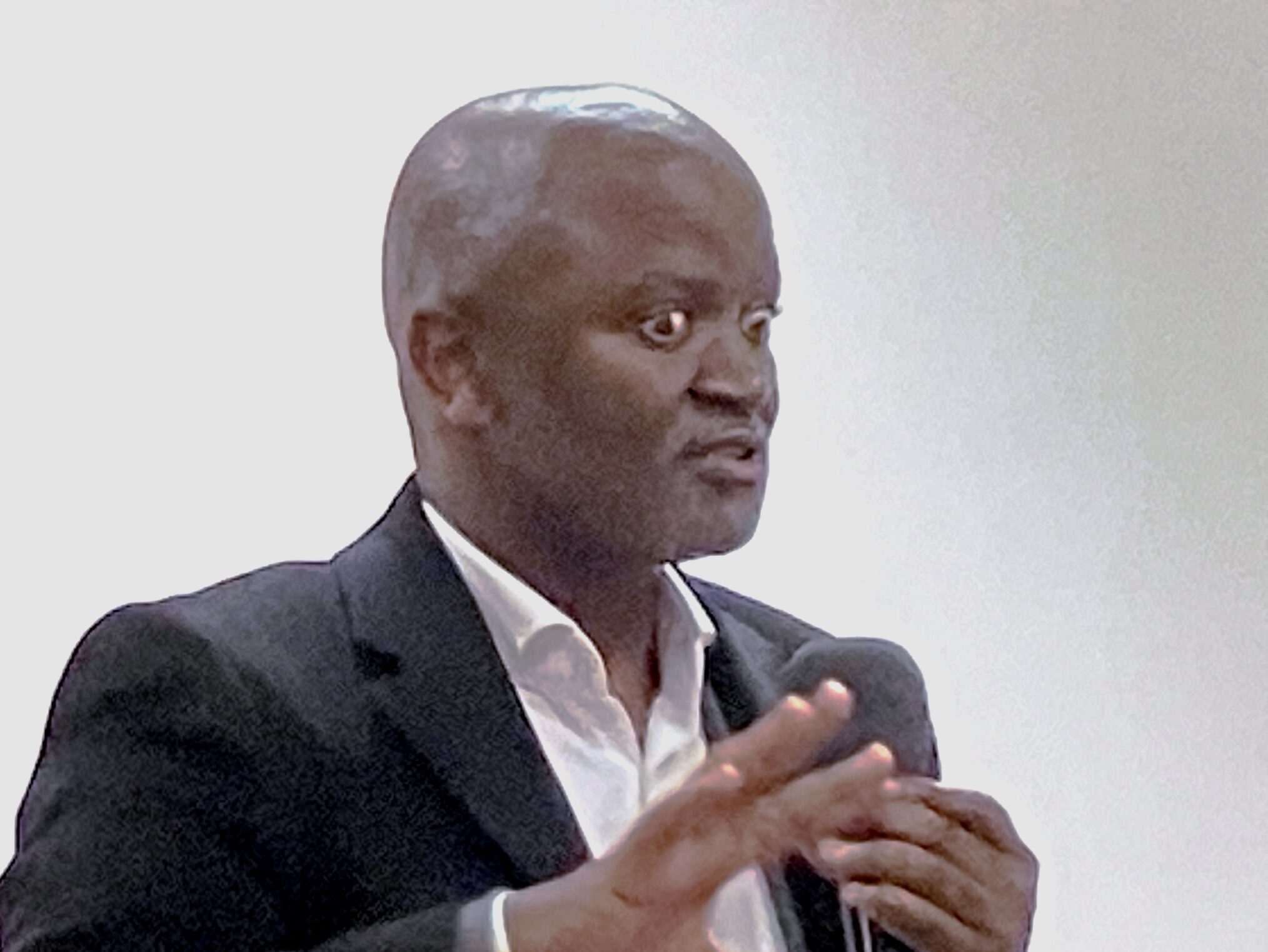By Steven Lang
The CEO of the Eastern Cape Parks and Tourism Agency, Vuyani Dayimani, observed that his helicopter pilot was a young Black man who exuded confidence as he expertly guided his flying machine to his destination. Dayimani was on his way to Bizana for a conference where he expected to stay for three hours.
He was pleased to see transformation in aviation and tourism that went beyond tour guides and waitresses.
As they landed, a rag-tag group of young boys was watching excitedly as the whirring rotors slowed down. When the engines stopped, the boys came running toward the chopper.
Dayimani tapped the young pilot on the shoulder and asked for a favour. He asked the young man to engage with the boys – to talk to them about flying and what it’s like to be at the controls of such an incredible machine.
When the conference was over, he returned to the helicopter and saw that the children were enthralled with their new hero – the pilot.
“That . . . ,” Dayimani said, “was how real transformation begins”. Young boys who might have felt hopeless at times could meet a real achiever and know that they too, one day, could fly helicopters.
He said that “Sometimes, transformation is hidden in plain sight”.
Dayimani told the above anecdote to a panel discussion on Tourism and the Creative Industry as part of the Sarah Baartman District Growth and Development Summit. The meeting was held at the Monument on the 19th and 20th of July.
He was talking about the importance of transformation in tourism, a sector of the South African economy that is far from being representative of the country’s demographics.
A lack of transformation in the sector was one of the main issues in discussions focussing on factors holding tourism back in the Sarah Baartman District Municipality.
Other factors included excess red tape tying up tourism projects, a lack of professional skills and the apparent lack of interest on the part of the local municipalities.
The Acting Director of Makana Tourism, Prudence Mini, commented on the difficulty she has in convincing officials to allocate funds for tourism. She said that the directors do not give the sector its due priority.
Dayimani countered that municipal managers and tourism stakeholders should be proactive in compiling more comprehensive proposals for the annual Integrated Development Planning (IDP) presentations. An IDP is a planning process that involves the entire municipality and its citizens in finding the best solutions to achieve good long-term development. He said that summits, such as the one being held at the Monument, do not in themselves provide solutions to problems. They should act as ‘diagnostic tools’ to identify problems, and then solutions must be found in the IDP process.
Professor Hugh Bartis, a Principal Lecturer in the Department of Tourism Management at Nelson Mandela University, identified the lack of skills as a key factor slowing down the growth and development of tourism in the Eastern Cape. He said that most often, people do not set out to work in the tourism sector but rather ‘fall into it’ due to various circumstances.
Bartis said that sometimes students signed up for Tourism courses because it was presented as “the easy option”. He said that he usually asks students what they want to be when they finish their courses. All too often, students say they are studying tourism because they want to be tourists.
Several speakers noted that tourism is evolving. It no longer has to be beautiful but should be genuine and sustainable.


